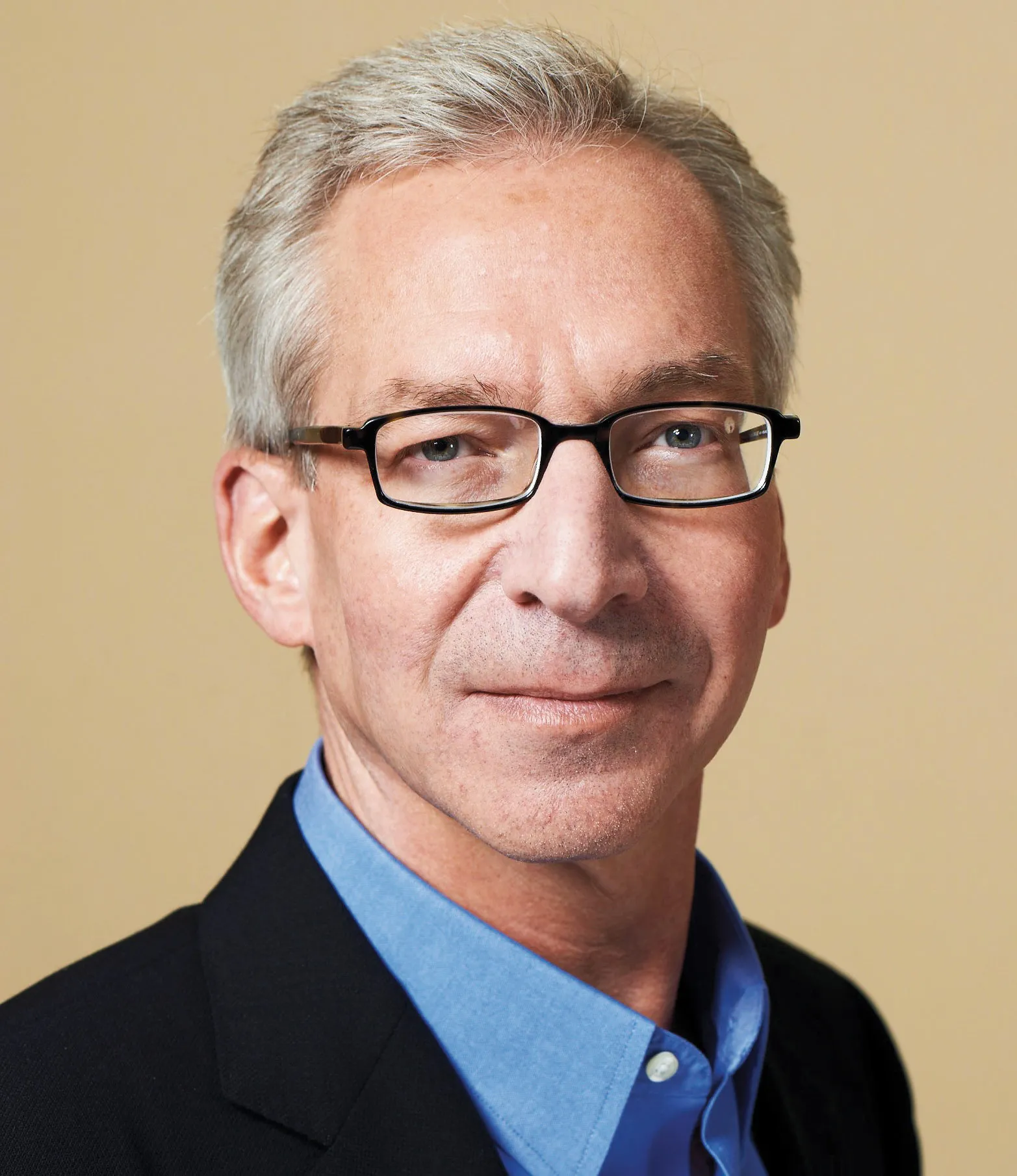Gary Edson, ’82: Success that Grew From Extraordinary Mentors

Gary Edson, ’82, has been a leader at the highest levels of the business, government, and nonprofit sectors—often at the intersection of all three of those sectors.
“My career looks like a Jackson Pollock painting,” Edson said. “It’s far from linear. But the unifying thread is the presence of extraordinary colleagues and mentors who helped me make the most of the opportunities that were presented to me.”
An early mentor was Kenneth Dam, ’57, who is now the Max Pam Professor Emeritus of American & Foreign Law. Edson had taken classes from Dam at the Law School, and when Dam was appointed deputy secretary of state in 1982, he invited Edson to become his special assistant, a role Edson held for three years. “Ken made that experience a three-year seminar for me on government and foreign affairs, from trade agreements to arms control,” Edson recalled. “He taught me to weigh the options, build consensus, act decisively, and remain true to your principles. If I could have half the career Ken has had, I’d consider myself successful.”
Returning to Chicago, Edson took a job with real estate and investment tycoon Sam Zell. “Going from George Shultz’s State Department to Sam Zell’s entrepreneurial world was quite a change,” he said, “but Sam gave me the opportunity to acquire hands-on deal-making skills that served me well in my later government roles.”
The only time Edson practiced law was when he served as general counsel to US Trade Representative Carla Hills, though he says that job was “more about negotiating deals than litigating cases.” Nonetheless, he credits his Law School education with preparing him for his diverse career: “Thinking critically, writing persuasively, analyzing different sides of an issue—those were skills I acquired in the Law School,” he said.
After Edson helped George W. Bush prepare for the 2000 presidential debates, Bush asked him to fill a newly created dual role as both deputy national security advisor and deputy national economic advisor. He was also deputy assistant to the president for international economic affairs, and the president’s chief negotiator for the G8 and other summits of world leaders. “There are far more good titles than good jobs in Washington,” Edson said. “I had more than my share of the former, and was lucky enough to have several of the latter.”
In his White House role, Edson conceived and established the multibillion-dollar Millennium Challenge Corporation to fight global poverty; co-led the development of the President’s Emergency Plan for AIDS Relief, the largest commitment ever by any nation to combat a single disease; and launched initiatives on human trafficking and Africa peacekeeping. He also helped coordinate the crackdown on terrorist finance after 9/11, which allowed him to work once again with Kenneth Dam, who was then deputy secretary of the treasury. While his work earned praise from people ranging from Bono to former Secretary of State James A. Baker III, Edson credits others: “Everything was a team effort. I was blessed with talented colleagues and mentors, such as Condi Rice, who encouraged us to think big and act boldly.”
After helping the president get reelected, Edson was forced to leave government due to a serious illness. Upon recovering, he found new challenges in the nonprofit sector. He served as CEO of the Clinton Bush Haiti Fund, helping Haiti rebuild after the devastating 2010 earthquake, and later became president of Conservation International. Today, he’s focusing on education, jobs, and other domestic issues as a principal at Civic Enterprises, a public policy and strategy firm. He is also an affiliate partner at the private equity firm Lindsay Goldberg LLC, and a founding board member of Pink Ribbon Red Ribbon, the premier global partnership fighting women’s cancers in Africa.
“I’m excited about what I’m doing now,” he said. “I’ve learned from some great mentors that you should never be looking for your next job, but you should always keep an eye open for your next mission.”


